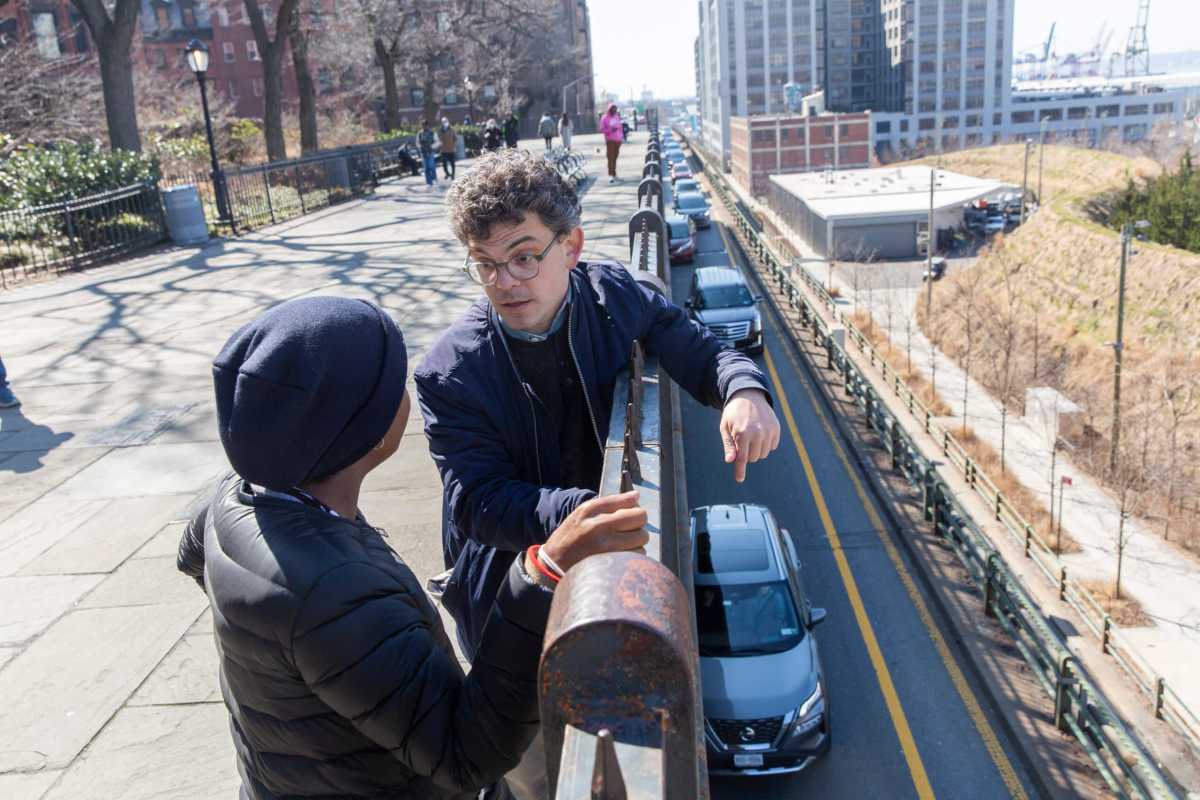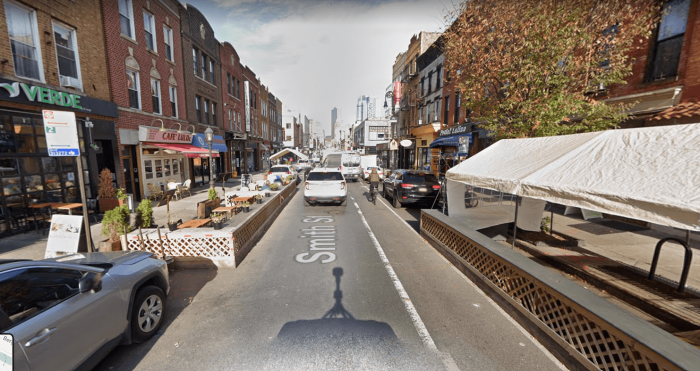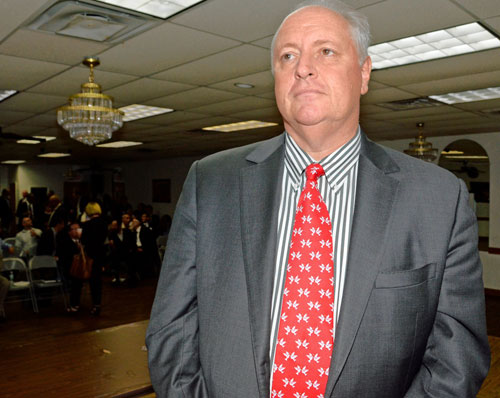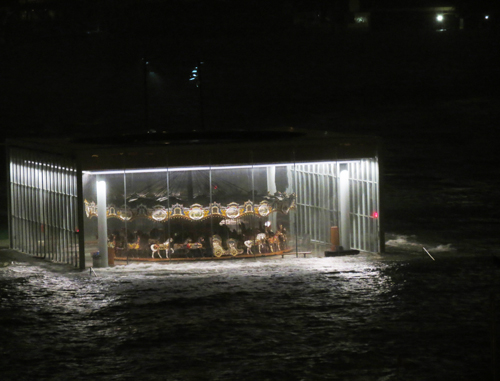July 1 is the last day New Yorkers can submit comment on New York’s proposed plan to meet its climate goals, and local councilmember Lincoln Restler wants to be sure New York City’s voice is heard loud and clear.
“Especially in light of the disastrous Supreme Court ruling this week that defangs the EPA in scary and consequential ways around their ability to regulate power plant emissions, the actions of states are even more important in the fight against climate change,” Restler told Brooklyn Paper.
In 2019, the state passed the Climate Leadership and Community Protection Act, which aims to dramatically reduce New York’s greenhouse gas emissions before the end of the century. The law also created the Climate Action Council, a 22-member committee charged with developing a concrete plan of attack to make sure the CLCPA’s goals are actually met.
The CAC released their first draft of that plan late last year, and has been gathering feedback from the public online and in a series of hearings for the last six months.
To that end, Restler on Friday submitted a City Council resolution to the CAC as testimony in support of a bold, thorough action plan.
The resolution, which was cosponsored by 32 councilmembers from all over the city, was introduced in May, at a point when some climate activists worried that powerful fossil fuel lobbies would successfully kneecap the plan — and thus the CLCPA.
In a letter to the CAC Restler submitted alongside the resolution, the pol thanked the committee for its dedication to hearing public feedback.
“But we also fully recognize the strength and resources of the powerful fossil fuel companies that have spent millions to undermine the state’s clean energy agenda,” Restler wrote. “We sincerely believe that the profits-driven interests of these multi-billion dollar corporations should not be allowed to outweigh the public health and safety of millions of residents across thousands of communities throughout our city and state.”
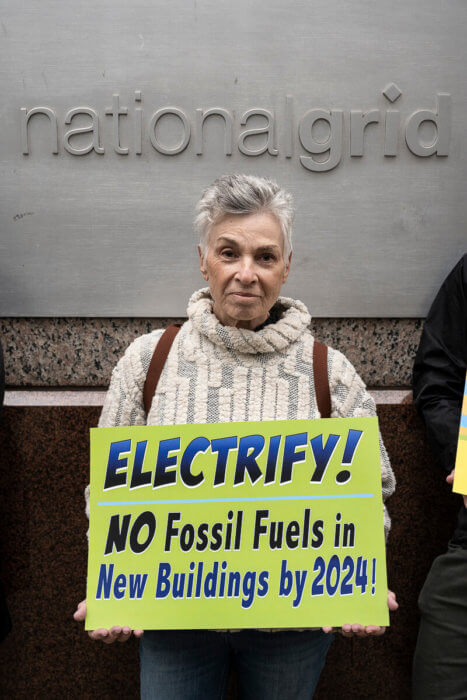
Representatives from fossil-fuel companies like National Grid appeared at some of the public hearings, decrying the plan and its impacts and urging less dramatic action.
Around that same time, politicians and activists were pushing for the state legislature to pass sweeping climate action before the end of the session — and energy companies were spreading misinformation about the legislation.
“We are fortunate in New York to have the most ambitious mandates in the country with the CLCPA,” Restler said. “But, mandates don’t mean much if we don’t actually implement tangible actions to decarbonize.”
Statewide, that means investing in renewable energy, halting the construction of fossil fuel power plants, and increasing renewable energy storage capacity, Restler said. In his own district, which includes Greenpoint and Williamsburg, the pol introduced a one-of-its-kind districtwide climate plan, intended to reduce emissions and make the neighborhoods more resilient to the effects of climate change.
He hopes that plan can be replicated across different districts, towns, and cities.
“The scale of the climate crisis is so great that we need to always be thinking about new solutions, new strategies, task forces, plans,” Restler said. “But most of all, we need to act.”
The CAC had received more than 18,000 public comments as of June 1. While not every city council district resident might have the same feelings as their representative, the 32 councilmembers who signed the resolution Restler sent to the committee represent more than 5 million people — more than the population of some entire towns or cities.
“I think the dynamic between New York City and New York State is unlike any other in the country, where we represent like half of the population of the state,” Restler said. “How we organize councilmembers, and the Council body to influence the state government and the Climate Action Council is critically important.”


